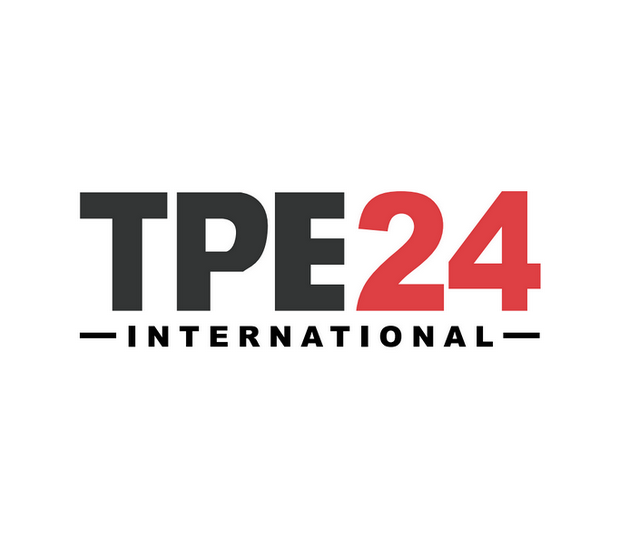Portugal to raise tobacco taxes, spotlight on zero-nicotine vapes

27 October 2023
Introduction
Portugal is on the cusp of introducing a significant transformation in its tobacco taxation policies for the forthcoming year. This comprehensive shift has generated substantial attention, primarily due to the novel inclusion of measures targeting nicotine-free vaping products. In this analysis, we delve into the various facets of this reform.

The 2024 National Budget Proposal
Elevating Revenue Expectations
As reported by The Portugal News on October 23, the Portuguese government has unveiled its proposed 2024 national budget, which charts an ambitious path for increasing tobacco taxes. The primary objective is to bolster the national treasury, with an anticipated revenue influx of 170 million euros. A pivotal component of this fiscal reconfiguration centers around the significant expansion of taxation on non-nicotine electronic cigarettes, a development that has ignited widespread interest and discourse.
Shifting Taxation Paradigms
Nicotine Content as the New Basis
Historically, Portugal has determined tobacco taxes based on the retail prices of tobacco products, with the general principle being that higher-priced items incurred heftier tax burdens. However, the impending regulatory amendments represent a departure from this conventional approach. The new regulations intend to base taxation on the nicotine content contained within each product.
Penalizing Economically Accessible Products
Youth-Focused Taxation Strategies
Simultaneously, the government is taking a proactive stance by intending to "penalize" lower-priced tobacco products, such as small cigars or roll-your-own tobacco. These products tend to be more appealing to younger demographics, and the strategic aim is to curtail their attractiveness to the youth.
Taxation of Nicotine-Free Vaping Products
Addressing a Surge in Consumption
The comprehensive fiscal reform also extends to nicotine-free electronic cigarette products, a category that has witnessed a sharp surge in consumption within Portugal. These products are regarded as potential "entry points" for new smokers, which raises concerns due to their limited regulatory oversight, leading to inherent risks to public health.
Anticipated Impact
Forecasting Price Adjustments
Under the framework of these newly proposed tax rates, it is anticipated that by the year 2024, the price of a standard pack of cigarettes may experience an increase of 30 to 40 euro cents, provided that the additional tax burden is passed on to consumers. Small cigars, with their comparatively lower prices (approximately 2.50/3 euros), could potentially see their prices double due to the proposed tax revisions.
Taxation Rates for Specific Products
Details of the Fiscal Changes
- For flavored e-liquids used in electronic cigarettes, the current tax rate stands at 12.5%, with plans to elevate it to 25% if the liquid contains nicotine.
- Vaporizing electronic cigarettes currently carry a tax rate of 50%.
- Roll-your-own tobacco, often considered an alternative when traditional cigarette prices rise, would be subjected to a tax rate amounting to 75% of the standard cigarette tax rate.
Conclusion
This comprehensive overhaul of tobacco taxation in Portugal underscores the government's commitment to addressing public health concerns, curbing youth tobacco consumption, and adapting to the evolving landscape of smoking alternatives, including nicotine-free vaping products. The impact of these changes is poised to be substantial and will be closely monitored as they unfold.

























